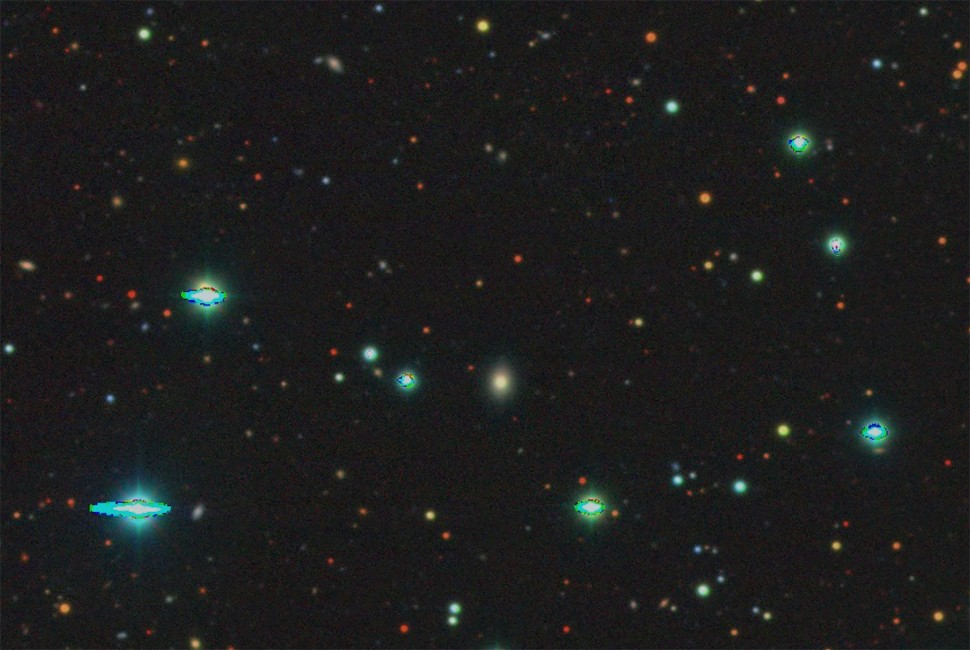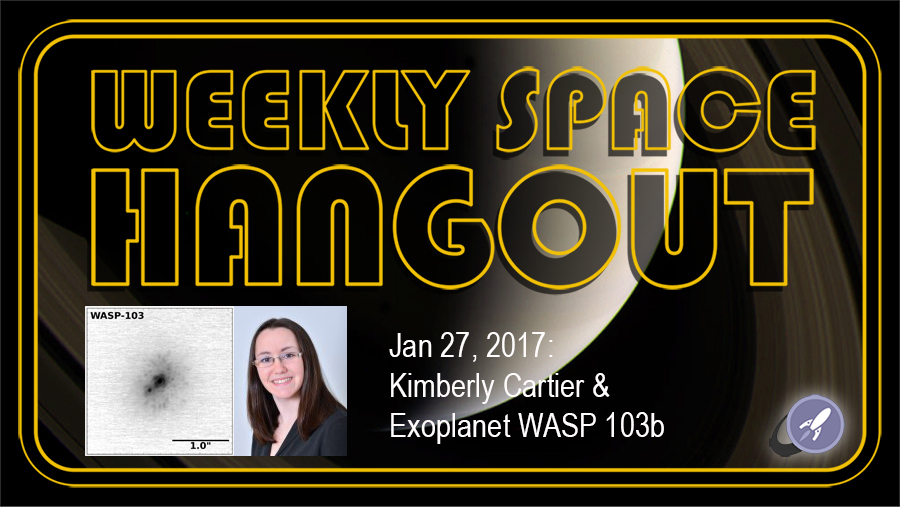Breaking oxygen out of a water molecule is a relatively simple process, at least chemically. Even so, it does require components, one of the most important of which is a catalyst. Catalysts enable reactions and are linearly scalable, so if you want more reactions quickly, you need a bigger catalyst. In space exploration, bigger means heavier, which translates into more expensive. So, when humanity is looking for a catalyst to split water into oxygen and hydrogen on Mars, creating one from local Martian materials would be worthwhile. That is precisely what a team from Hefei, China, did by using what they called an “AI Chemist.”
Continue reading “An AI Chemist Made A Catalyst to Make Oxygen On Mars Using Local Materials”Astronomers Use Artificial Intelligence To Find Elusive Stars “Gobbling Up” Planets
We recently reported on how the mountains of data produced by astronomical instruments are “perfect for AI.” We’ve also started reporting on several use cases for different AI algorithms. Now, a team of researchers from the University of Texas has developed a new use case that focuses on discovering the interior makeup of exoplanets by looking at a specific type of star.
Continue reading “Astronomers Use Artificial Intelligence To Find Elusive Stars “Gobbling Up” Planets”What Can AI Learn About the Universe?
Artificial intelligence and machine learning have become ubiquitous, with applications ranging from data analysis, cybersecurity, pharmaceutical development, music composition, and artistic renderings. In recent years, large language models (LLMs) have also emerged, adding human interaction and writing to the long list of applications. This includes ChatGPT, an LLM that has had a profound impact since it was introduced less than two years ago. This application has sparked considerable debate (and controversy) about AI’s potential uses and implications.
Astronomy has also benefitted immensely, where machine learning is used to sort through massive volumes of data to look for signs of planetary transits, correct for atmospheric interference, and find patterns in the noise. According to an international team of astrophysicists, this may just be the beginning of what AI could do for astronomy. In a recent study, the team fine-tuned a Generative Pre-trained Transformer (GPT) model using observations of astronomical objects. In the process, they successfully demonstrated that GPT models can effectively assist with scientific research.
Continue reading “What Can AI Learn About the Universe?”A Machine Learning Algorithm Finds its First Supernova
Plenty of recent mainstream news articles have touted AI’s ability to assist in the process of scientific discovery. But most of them predicted that it could take years or even decades to see the full effect. Astronomy seems ahead of the curve, though, with the announcement of a new AI system developed by researchers at Northwestern University and elsewhere that can now autonomously detect and classify supernovae.
Continue reading “A Machine Learning Algorithm Finds its First Supernova”Machine Learning Algorithm Scoops up 50 New Exoplanets
Advances in technology are having a profound impact on astronomy and astrophysics. At one end, we have advanced hardware like adaptive optics, coronographs, and spectrometers that allow for more light to be gathered from the cosmos. At the other end, we have improved software and machine learning algorithms that are allowing for the data to be analyzed and mined for valuable nuggets of information.
One area of research where this is proving to be invaluable is in the hunt for exoplanets and the search for life. At the University of Warwick, technicians recently developed an algorithm that was able to confirm the existence of 50 new exoplanets. When used to sort through archival data, this algorithm was able to sort through a sample of candidates and determine which were actual planets and which were false positives.
Continue reading “Machine Learning Algorithm Scoops up 50 New Exoplanets”Weekly Space Hangout – January 27, 2017: Kimberly Cartier & Exoplanet WASP 103b
Host: Fraser Cain (@fcain)
Special Guest: Kimberly Cartier ( KimberlyCartier.org / @AstroKimCartier ) Continue reading “Weekly Space Hangout – January 27, 2017: Kimberly Cartier & Exoplanet WASP 103b”






